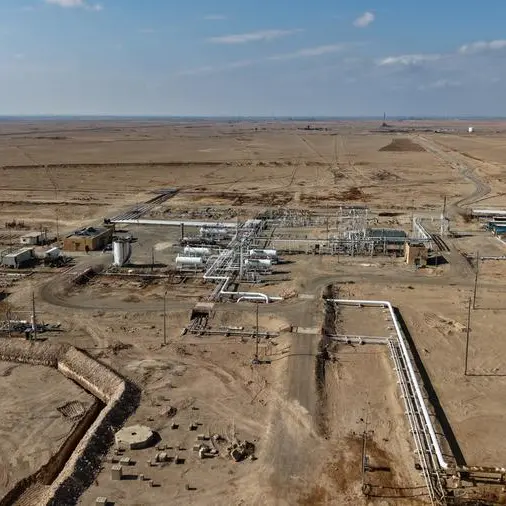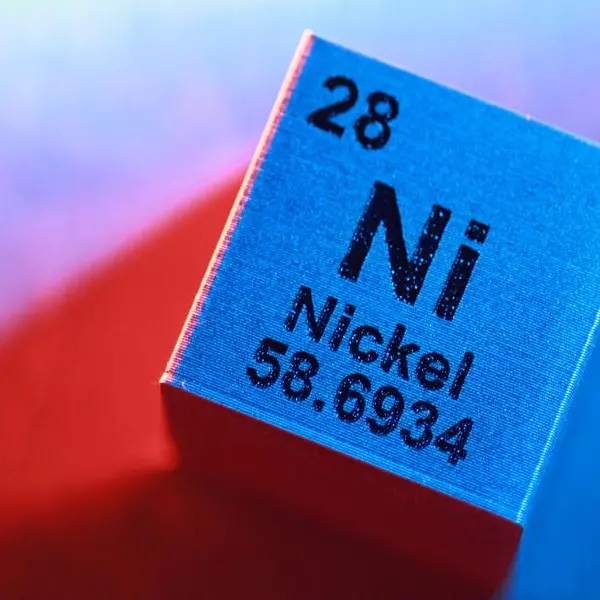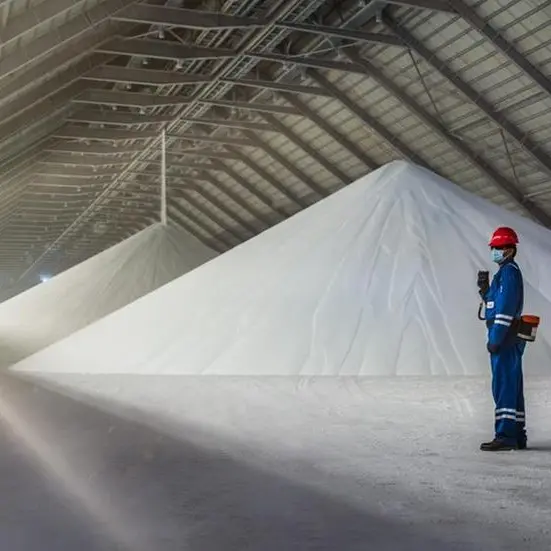DUBAI, Oct 11 (Reuters) - Kuwait's sovereign wealth fund, one of the world's largest, is considering selling assets to cover a state budget deficit caused by low oil prices, the country's al-Anba newspaper reported on Sunday, quoting unnamed sources.
The Kuwait Investment Authority (KIA), which is estimated to have more than $500 billion of assets, is studying whether to liquidate assets that generate annual returns of below 9 percent, the newspaper said.
The KIA's money is invested across the world, from the United States to Europe to China, in various asset classes including bonds, equities and real estate. The newspaper did not specify which asset classes might be sold.
It said the size of the sales was expected to be about 9 billion dinars ($30 billion), as officials believed selling assets with returns of below 9 percent would be a relatively cheap method of covering the budget deficit and financing big infrastructure projects that are being planned.
The KIA did not respond to calls and an email seeking comment on Sunday. Some other Gulf states, principally Saudi Arabia, have already begun liquidating assets to cover their deficits in an era of cheap oil.
Although Kuwait is one of the wealthiest oil exporters in the Gulf and is in no financial danger, state revenues have been hit hard this year by low oil prices.
The government ran a deficit of 1.094 billion dinars in the first five months of the fiscal year which started in April, after a deduction for the Future Generations Fund, which is part of its sovereign fund.
Finance minister Anas al-Saleh said last month that the government also planned to sell local currency bonds by the end of this year to help cover its deficit.
(Reporting by Hadeel Al Sayegh; editing by Andrew Torchia and David Clarke) ((Hadeel.AlSayegh@thomsonreuters.com; +971566883310;))
The Kuwait Investment Authority (KIA), which is estimated to have more than $500 billion of assets, is studying whether to liquidate assets that generate annual returns of below 9 percent, the newspaper said.
The KIA's money is invested across the world, from the United States to Europe to China, in various asset classes including bonds, equities and real estate. The newspaper did not specify which asset classes might be sold.
It said the size of the sales was expected to be about 9 billion dinars ($30 billion), as officials believed selling assets with returns of below 9 percent would be a relatively cheap method of covering the budget deficit and financing big infrastructure projects that are being planned.
The KIA did not respond to calls and an email seeking comment on Sunday. Some other Gulf states, principally Saudi Arabia, have already begun liquidating assets to cover their deficits in an era of cheap oil.
Although Kuwait is one of the wealthiest oil exporters in the Gulf and is in no financial danger, state revenues have been hit hard this year by low oil prices.
The government ran a deficit of 1.094 billion dinars in the first five months of the fiscal year which started in April, after a deduction for the Future Generations Fund, which is part of its sovereign fund.
Finance minister Anas al-Saleh said last month that the government also planned to sell local currency bonds by the end of this year to help cover its deficit.
(Reporting by Hadeel Al Sayegh; editing by Andrew Torchia and David Clarke) ((Hadeel.AlSayegh@thomsonreuters.com; +971566883310;))




















